10 tech trends to watch for in 2012
Windows 8, Apple kit, ultrabooks and Android - but some big names face big trouble
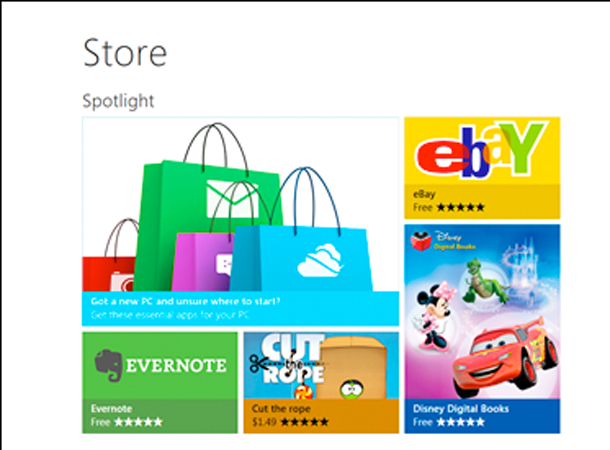
Predicting the future is a tricky business. Some of our picks for 2011 didn't turn up - Augmented Reality remains a potentially great thing rather than a popular, useful thing - and others were damp squibs, such as Google's supposedly world-conquering Chrome OS.
2012 will be different, though: tech giants are finishing off some huge projects, and some of 2011's best things will get even better in the next twelve months. These are our picks for the top tech trends of 2012.
1. Windows 8 revolution
This is the biggie, and not just because of Microsoft's enormous user base: Windows 8 is a dramatically different version of the world's most popular OS, with particular emphasis on tablets.
The PC industry's in the doldrums just now and if Microsoft gets Windows 8 right, it could kick-start the entire sector; however, if it gets it wrong then the only company likely to be smiling is Apple. We'll know much more in February, which is when the public beta is expected to arrive.
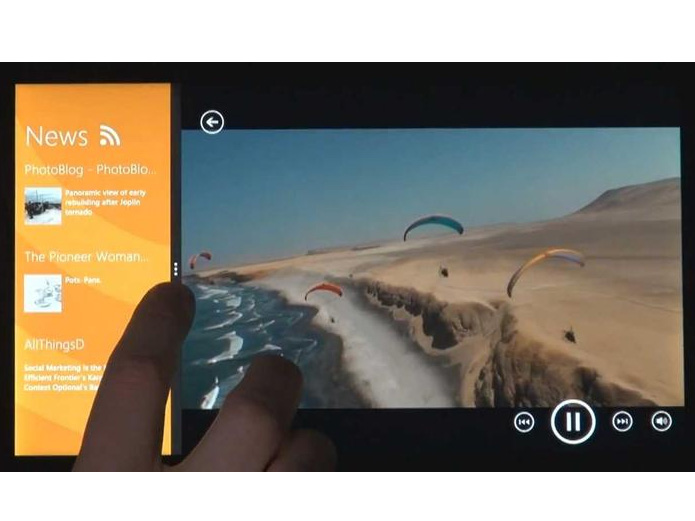
2. Really good tablets
If 2011 was when the tablet market learned to walk, 2012 is when it'll learn to run. With Android there's Ice Cream Sandwich, delivering a vastly improved user experience across a dizzying range of devices; on the Windows front that proper, tablet-focused Windows we talked about above; and on the Apple side of things we've got the iPad 3 and its rumoured retina display.
3. Big names in big trouble
Some of tech's biggest firms face a rocky ride in the coming year: the Financial Times reports that the EU "plans to slam Google with a 400-plus page" statement of anti-trust objections before possibly embarking on legal action, while in the US the Federal Trade Commission has ordered Facebook to behave itself or face action. The EU's sniffing around Facebook too, with German regulators being a particular thorn in the social network's side.
Tech firms aren't just facing regulatory issues, though: sometimes they're happy to shoot their own feet. RIM's tablet adventures have been disastrous and the firm is in a mess, with its share price at a record low and staff having to scale mountains of unsold PlayBooks to get to work. We're exaggerating, but only just, and RIM isn't the only firm to make disappointing tablets: Dell's canned the Streak while HP had to slash prices to shift its TouchPads. Expect more unsuccessful tablets in 2012.
Sign up for breaking news, reviews, opinion, top tech deals, and more.
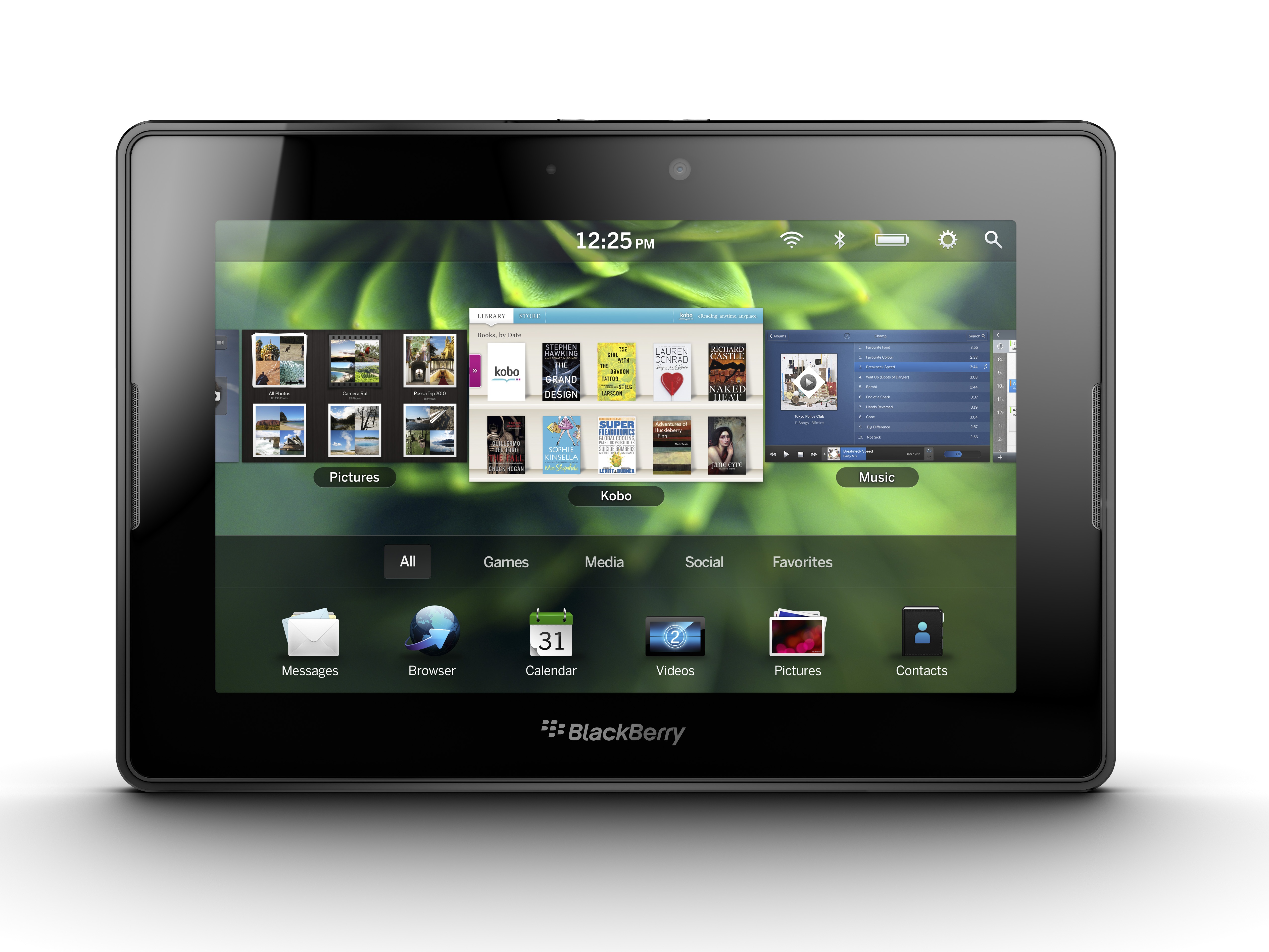
4. TV continues to change
The lines between TV and PC will continue to blur in 2012. Apple is working on an Apple TV that will apparently boast Siri voice control and close integration with iCloud and iOS devices, while TV giants such as Sony and Samsung will offer more connected televisions []. Away from the sofa Google's just redesigned YouTube to make it more like a traditional broadcaster, and firms such as Sky are expanding their programming to deliver video on demand on a range of devices.
5. Voice input
We're loath to call this voice recognition, because it's bigger than that: natural language systems such as Apple's Siri are closer to virtual assistants or intelligent software agents than traditional computer voice recognition, not least because you're taking advantage of enormously powerful servers rather than the processing power of your device. Siri's currently in the iPhone 4S, but it's coming to other devices including TVs. Expect Siri's power to increase as Apple adds new functions and app integration, and expect imitators on other platforms.
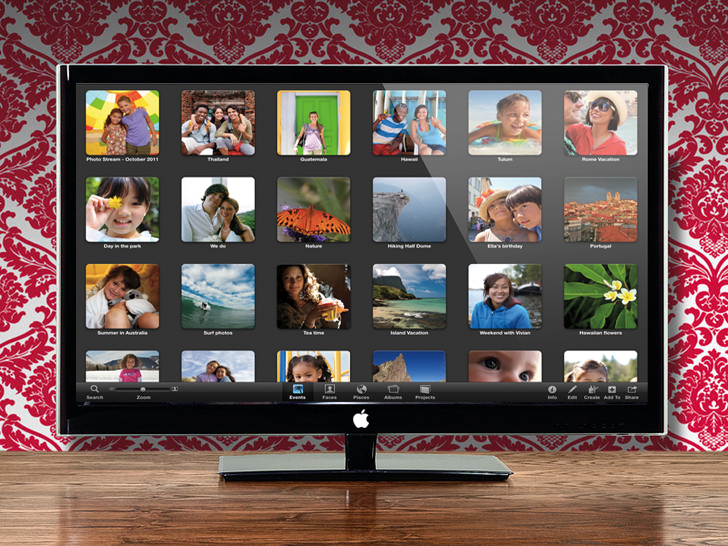
6. More and more Ultrabooks
We like ultrabooks, the super-thin and super-portable Apple-inspired notebooks from the likes of Acer, Asus and Toshiba. We're not so keen on their prices, though, so it's good to see DigiTimes predicting that prices will fall by as much as 10% in early 2012, bringing Ultrabooks into the sub-$1000 price bracket. We're expecting to see as many as fifty new Ultrabooks at January's CES extravaganza, not to mention new, slimline MacBook Pros from Apple later in the year.
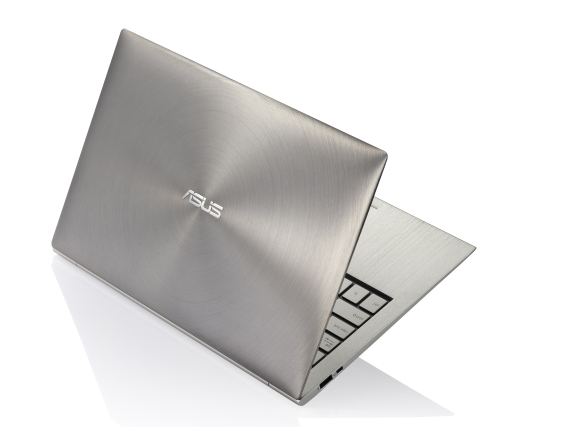
7. The end of boxed software
We predicted this one last year, but Windows 8 didn't arrive as early as we'd hoped: Windows 8 brings the app store model to the majority of the world's desktops, and between it and Apple's Mac App Store (not to mention the mobile app stores on iOS, Android and on Android forks such as Amazon's Kindle Fire) we're looking at the end of shrink-wrapped software boxes.
8. Everything in the cloud
The rise of mobile devices means that we expect to get our stuff on any device, anywhere we happen to be - and more often than not, that means storing our stuff in the cloud. Windows 8 makes much more use of Windows Live and services such as SkyDrive, while Apple's iCloud storage will be supported by more and more desktop and mobile apps. Content, too, will be increasingly cloud-based: music services such as Spotify, Google Music and iTunes Match offer cloud-based music delivery, while services such as Netflix UK and OnLive will deliver streaming movies and games respectively.
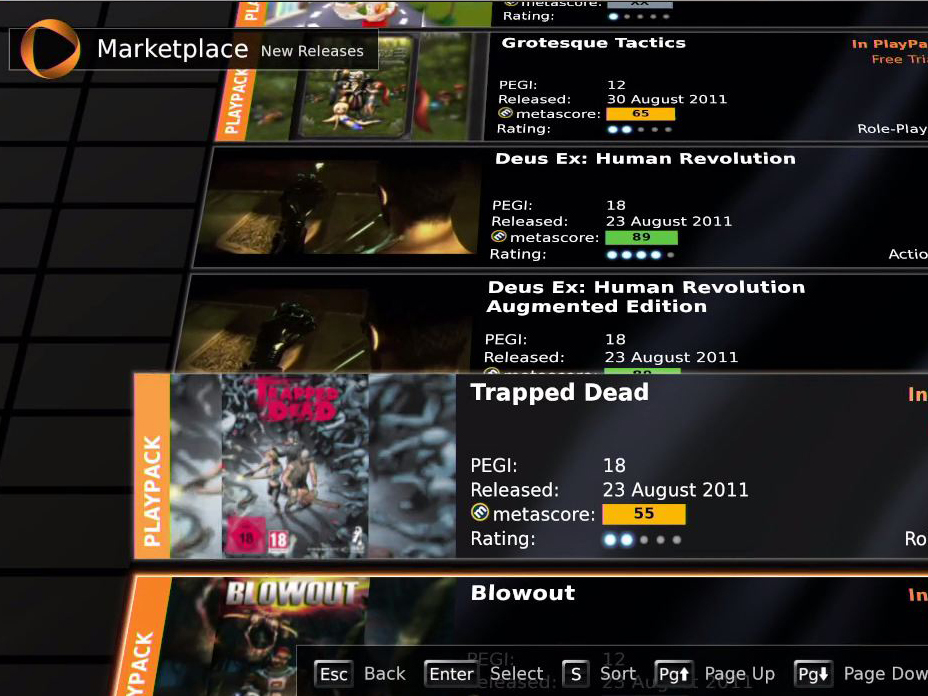
9. Mobile payments
There's more to mobile payments than near field communications (NFC) chips, although that's where most of the hype is currently focused. Ebay tells us that 10% of its UK payments are now made via mobile phones, while a recent survey by KPMG found that some 24% of people worldwide are making phone-based payments. Factor in the arrival of NFC chips in mobiles and NFC readers in more high street shops and it's clear that mobile money is going to be a big deal in 2012.
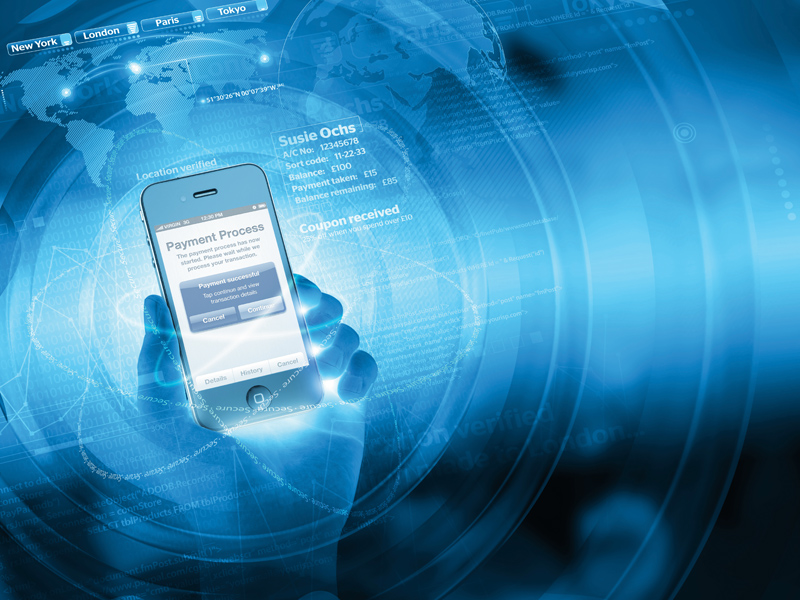
10. Censorship
While ISPs won't - and can't, under EU law - be forced to monitor everybody's online activities, demands for per-site censorship will soundtrack 2012. The BPI is already asking ISPs to block The Pirate Bay, while in the US the Stop Online Piracy Act (SOPA) and Protect IP Act could result in entire sites being blocked by ISPs, search engines, payment providers and advertising networks as a result of a few users' bad behaviour.
Such US legislation could have global effects, because most of the world's websites are registered in the US: while SOPA is opposed by the tech industry's biggest names, it's widely expected to become law in time for the New Year.
-------------------------------------------------------------------------------------------------

Contributor
Writer, broadcaster, musician and kitchen gadget obsessive Carrie Marshall has been writing about tech since 1998, contributing sage advice and odd opinions to all kinds of magazines and websites as well as writing more than twenty books. Her latest, a love letter to music titled Small Town Joy, is on sale now. She is the singer in spectacularly obscure Glaswegian rock band Unquiet Mind.